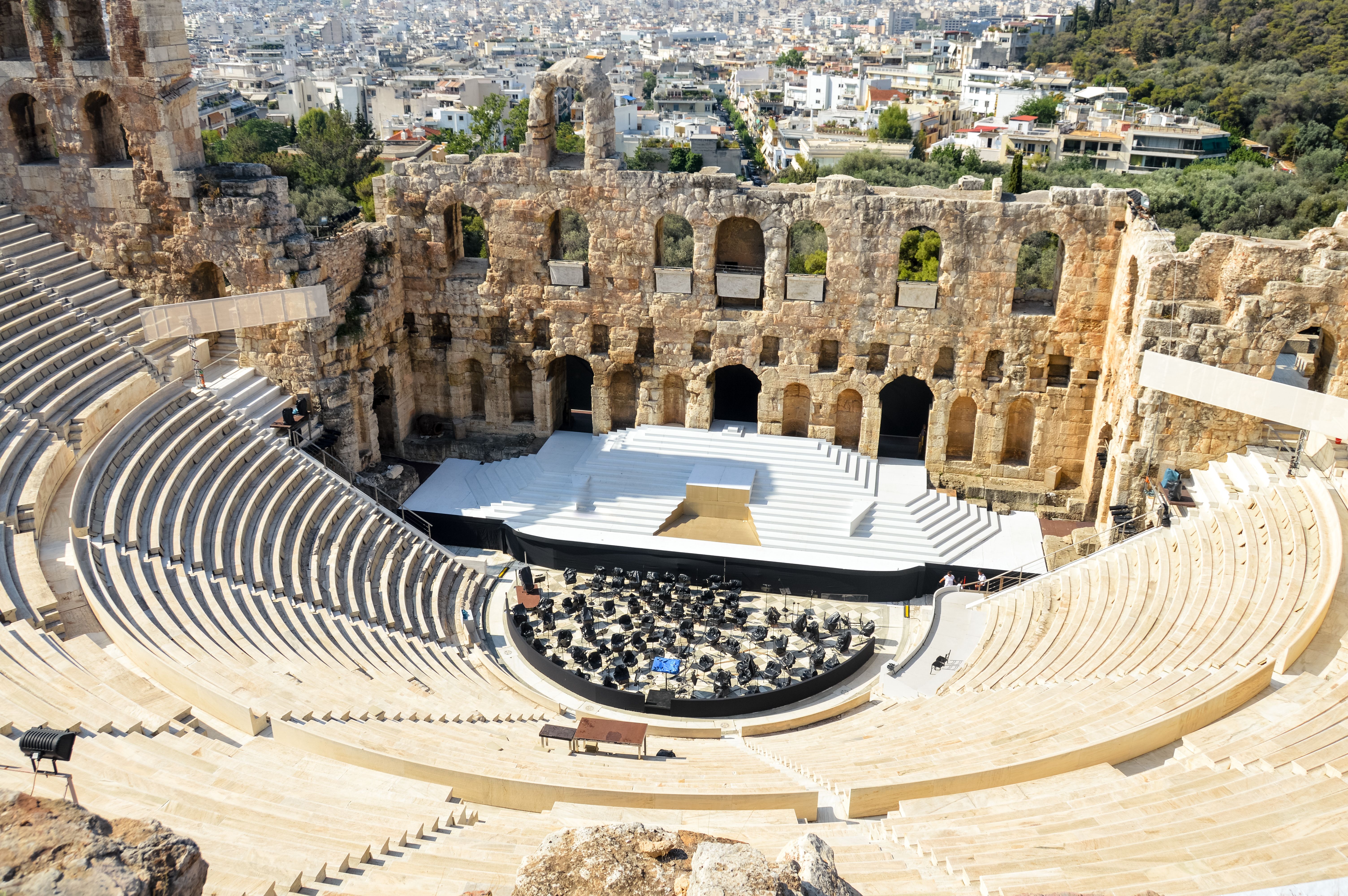Discovering Greece Through Traditional Music Sessions
Introduction to Greek Music Traditions
Greece, a country steeped in history and culture, offers a unique way to experience its rich heritage through traditional music sessions. These sessions are not merely performances; they are immersive experiences that transport listeners to a world where music narrates the stories of the past and present. Discovering Greece through its music provides deeper insights into its traditions, values, and way of life.

The Role of Music in Greek Culture
Music has always played a significant role in Greek culture. From ancient times to modern days, it has been a means of storytelling, celebration, and expression. Traditional Greek music often features instruments such as the bouzouki, lyra, and clarinet, each contributing to the distinctive sound that characterizes Greek melodies. These instruments, combined with heartfelt lyrics, create a powerful emotional connection for both locals and visitors.
Instruments and Their Significance
The bouzouki, a long-necked lute, is perhaps the most iconic instrument in Greek music. Originating from Asia Minor, it has become synonymous with the sound of Greek folk music. The lyra, a string instrument played with a bow, is especially popular in Crete and the Dodecanese islands. These instruments are not just tools for music but are symbols of cultural identity and pride.

Experiencing Traditional Music Sessions
When visiting Greece, attending a traditional music session is a must. These sessions can be found in local tavernas, during festivals, or in dedicated music venues. They offer an opportunity to experience the warmth and hospitality of Greek people while enjoying authentic performances. Participating in these sessions is more than just listening; it's about feeling the rhythm, understanding the stories, and connecting with the performers.
- Tavernas: Enjoy live performances while savoring delicious Greek cuisine.
- Festivals: Experience seasonal celebrations filled with music and dance.
- Music Venues: Attend concerts featuring renowned Greek musicians.

The Stories Behind the Songs
Traditional Greek songs often tell stories of love, loss, heroism, and everyday life. They reflect the history and resilience of the Greek people. For instance, the Rebetiko genre, which emerged in the early 20th century, is often compared to the blues due to its themes of sorrow and hardship. These songs offer a glimpse into the challenges and triumphs faced by past generations.
The Influence of Regions
Each region in Greece has its own musical style and traditions. The music of Epirus is known for its polyphonic singing, while the Aegean islands boast lively dance tunes. The diversity of regional music highlights the rich tapestry of Greek cultural heritage. Exploring these variations allows listeners to appreciate the nuances that make Greek music so unique.

Preserving Musical Heritage
Efforts to preserve traditional Greek music are ongoing. Local communities and cultural organizations are dedicated to keeping these traditions alive through education and performance. Many musicians today blend traditional elements with modern influences, ensuring that Greek music continues to evolve while maintaining its roots. This fusion not only preserves the past but also appeals to younger generations.
Conclusion: A Journey Worth Taking
Discovering Greece through traditional music sessions is truly a journey worth taking. It offers a deeper understanding of Greece's cultural identity and provides unforgettable memories for those who participate. Whether you are a seasoned traveler or a newcomer to Greece, immersing yourself in its musical traditions will surely leave a lasting impression.